CVG Membership Directory
| Profile Photo | MEMBER | RESEARCH INTERESTS |
|---|---|---|
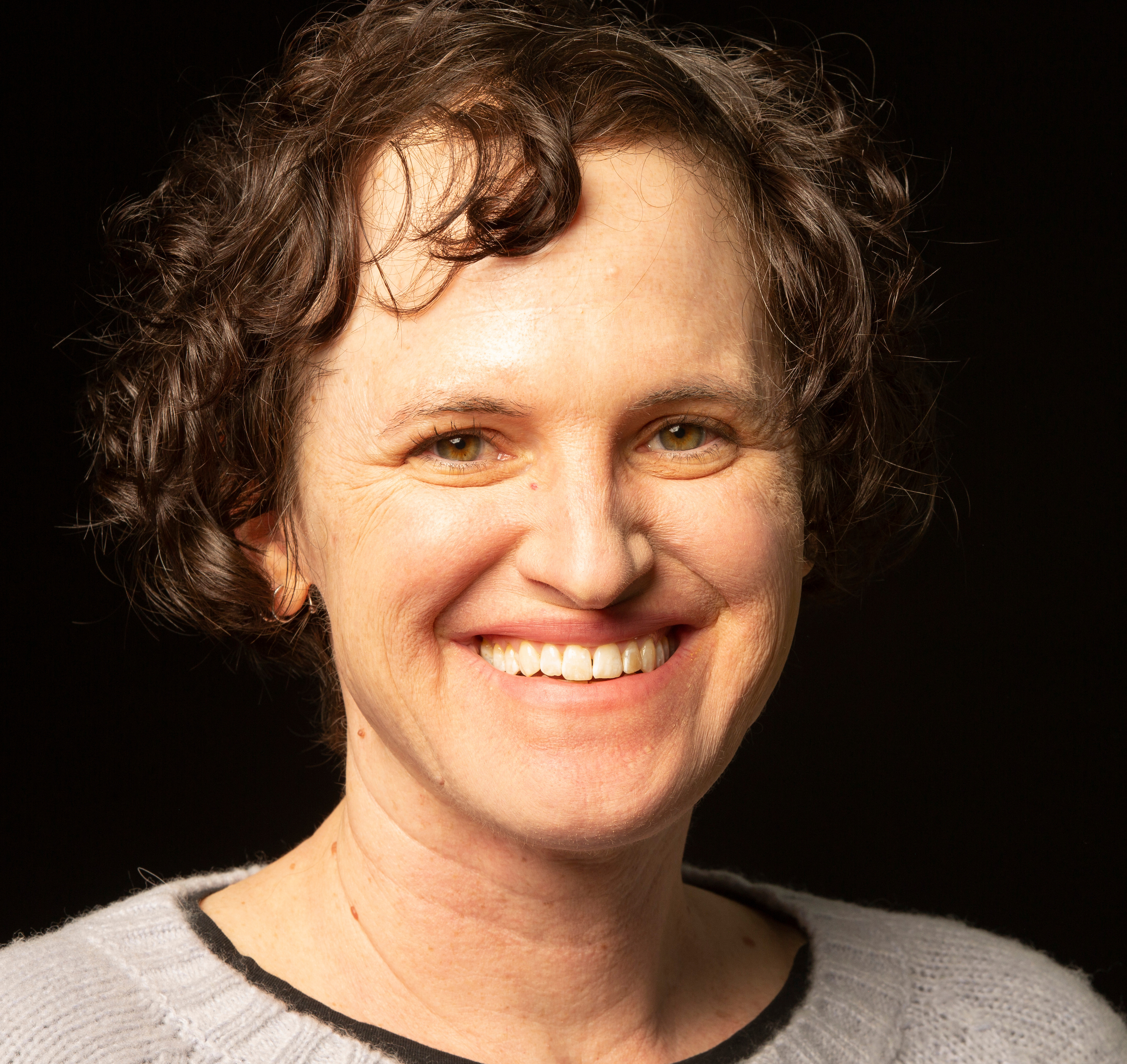 |
Carrie Adler
Associate Professor Dept. of Molecular Medicine cea88@cornell.edu |
The Adler lab is interested in the mechanisms regulating stem cell behavior in planarian flatworms. We use genomic and transcriptomic approaches to characterize responses to injury, radiation damage, and tissue removal. |
 |
Adam Anderson
Professor Dept. of Human Development aka47@cornell.edu |
Psychology and neuroscience of emotions: including emotional experience and expression, with a major focus on interactions between emotion with various aspects of cognition, from early perception to social judgment. |
 |
Charles Aquadro
Professor of Population Genetics Dept. of Molecular Biology & Genetics cfa1@cornell.edu |
Molecular population genomics, comparative genomics, evolutionary biology. Evolutionary and functional analysis of reproductive/fertilization proteins and germline stem cell maintenance and differentiation signaling proteins. |
 |
Avery August
Deputy Provost of Cornell University Professor Dept. of Microbiology & Immunology averyaugust@cornell.edu |
Interested in signals that regulate the development and function of the immune system. Specifically, the Tec family tyrosine kinases and their roles in regulation of T cell development, mast cell development and function, and eosinophil development and function. |
 |
Tolunay Beker Aydemir
Assistant Professor Division of Nutritional Sciences tb536@cornell.edu |
Aydemir research group aims at developing a greater understanding of how zinc and manganese function to regulate different cellular processes central to maintaining homeostasis, and thus health. Manganese-induced parkinsonism; regulation of insulin/glucose metabolism by zinc and manganese. |
 |
Joeva Barrow
Assistant Professor Division of Nutritional Sciences jb2254@cornell.edu |
Our laboratory utilizes unbiased omics approaches to identify novel regulatory targets that can be leveraged towards the treatment of mitochondrial and metabolic disease. |
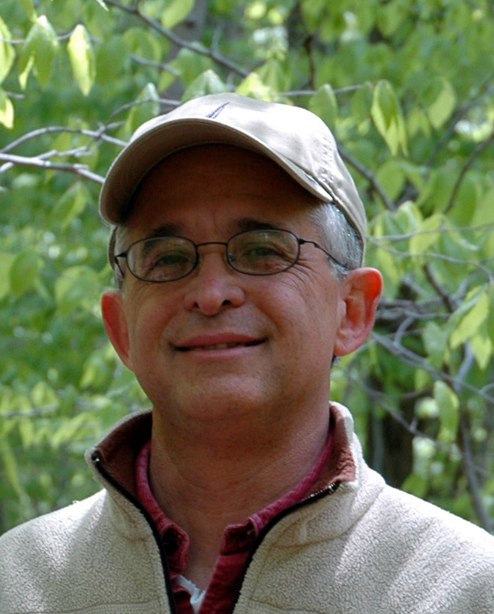 |
Andrew Bass
Professor Dept. of Neurobiology & Behavior ahb3@cornell.edu |
Taking an interdisciplinary approach, using fish as model systems and using molecular techniques in combination with neurophysiology and neuroanatomy to identify the hormonal and neural mechanisms of the sense of hearing among vertebrates. |
 |
Dan Berry Associate Professor Div. of Nutritional Sciences dcb37@cornell.edu |
Our research takes a unique genetic approach to study organismal nutrition, metabolism, and physiology. We are particularly interested in how adipose stem cells regulate adipose tissue development, homeostasis, obesogenic expansion, and thermogenesis. |
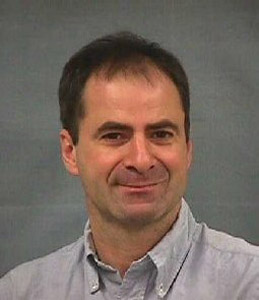 |
Yves Boisclair Professor Dept. of Animal Science yrb1@cornell.edu |
Endocrine regulation of metabolism with a focus on growth hormone, insulin-like growth factors and leptin. |
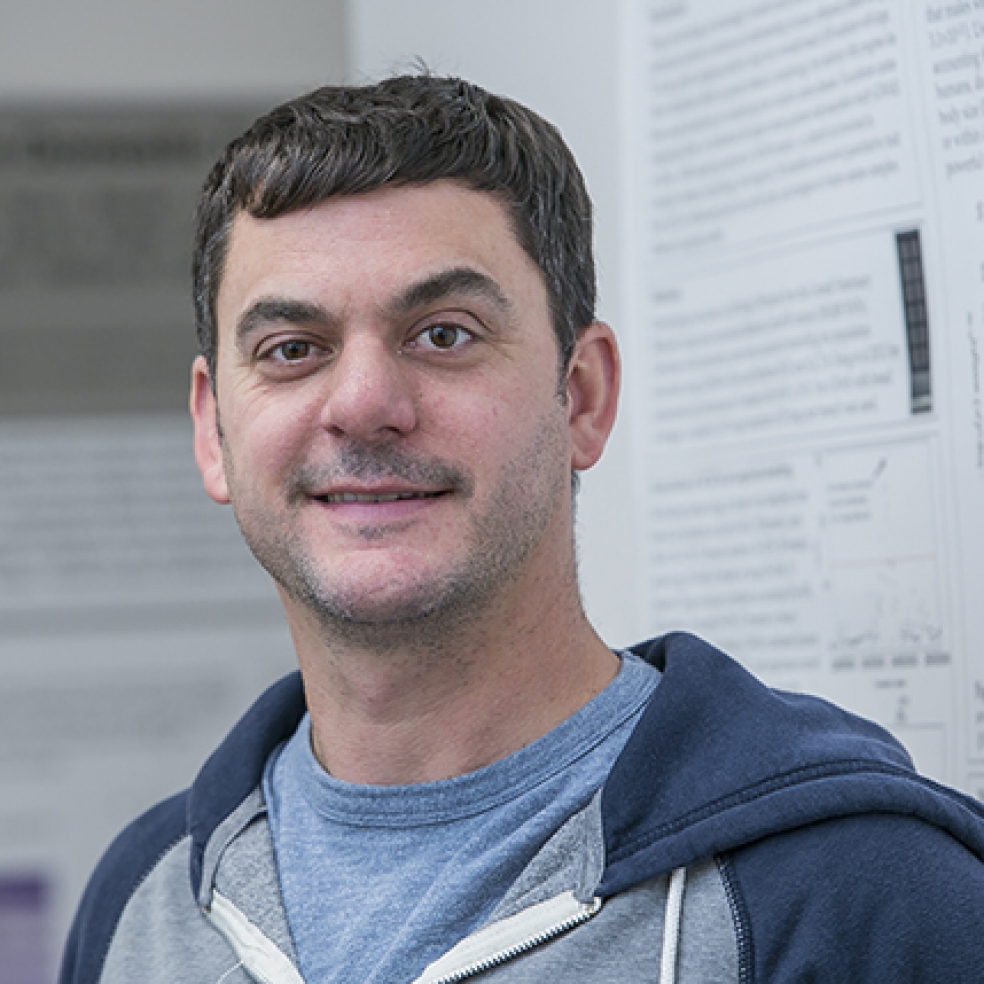 |
Adam Boyko
Associate Professor Dept. of Biomedical Sciences boyko@cornell.edu |
Canine genomics; genetics of adaptation and domestication; bioinformatics |
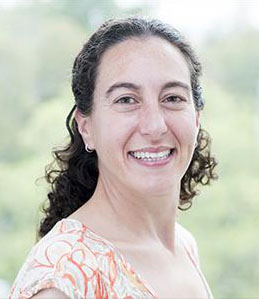 |
Ilana Brito
Associate Professor School of Biomedical Engineering ibrito@cornell.edu |
Co-evolution of vertebrate hosts with their endogenous microbes; Immune function and the microbiome. |
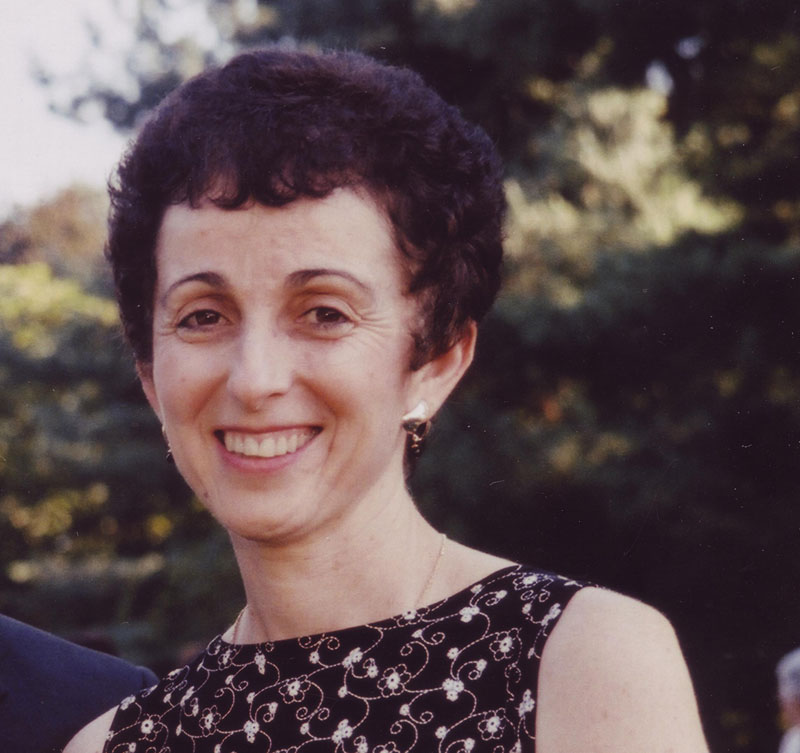 |
Marjory Brooks
Professor of Practice Population Medicine & Diagnostic Sci. mbb9@cornell.edu |
Comparative hemostasis: canine models of hereditary bleeding disorders, biomarkers of hypercoagulability in animals, role of transmembrane lipid movement in platelet apoptotic vs. activation response. |
 |
Jonathan Butcher
Professor School of Biomedical Engineering jtb47@cornell.edu |
Microenvironmental control of cardiac and valvular morphogenesis; Physiogenomics of cardiovascular systems; Mechanoregulation of heart valve cell biology in health and disease; Heart valve regenerative medicine and tissue engineering; |
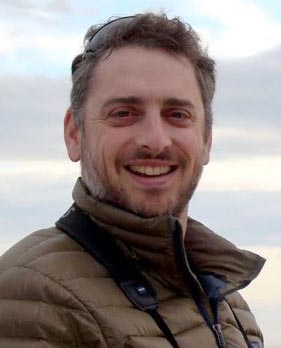 |
Leonardo Campagna
Senior Research Associate Assistant Director, Fuller Evolutionary Biology Program Cornell Lab of Ornithology lc736@cornell.edu |
I study adaptation and speciation genomics, particularly focusing on birds in the early stages of diversification. |
 |
Patricia Cassano Professor of Nutritional Epidemiology Div. of Nutritional Sciences pac6@cornell.edu |
Studying the role of nutrition and gene-nutrient interactions in the etiology of chronic disease phenotypes. Role of nutrients with antioxidant properties in chronic obstructive pulmonary disease; Role of folate metabolism in health outcomes. |
 |
Richard Cerione Goldwin Smith Professor of Pharmacology and Chemical Biology Dept. of Molecular Medicine Dept. of Chemistry and Chemical Biology rac1@cornell.edu |
We are probing cellular signaling pathways that have led us to some unique mechanisms that regulate RNA transcript stability with consequences for various areas of biology including cancer, neurodegeneration, and aging. |
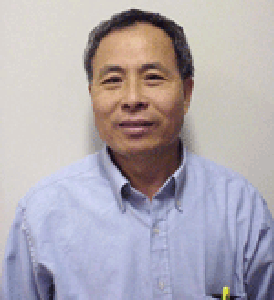 |
Yung-Fu Chang
Professor of Molecular Microbiology Population Medicine & Diagnostic Sci. yc42@cornell.edu |
Molecular pathogenesis of bacterial diseases; Host-bacteria interaction; Comparative genomics; Vaccine and adjuvant development |
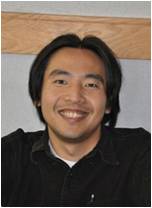 |
Soon Hon Cheong Associate Professor Dept. of Clinical Sciences cheong@cornell.edu |
Research topics related to theriogenology and reproductive biology. |
 |
Morten Christiansen
Professor Dept. of Psychology Co-Director, Cognitive Science Program christiansen@cornell.edu |
The interaction of biological and environmental constraints in the processing, acquisition, and evolution of language, approached using a variety of methodologies, including computational modeling, corpus analyses, behavioral experiments, neuroimaging, and molecular genetics. |
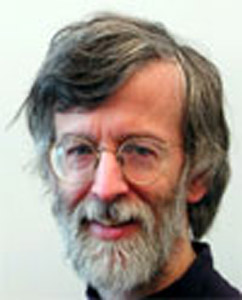 |
Andrew Clark
Professor and Chair Dept. of Computational Biology Professor of Population Genetics Dept. of Molecular Biology & Genetics ac347@cornell.edu |
Human and Comparative Genomics; Genetic basis of complex disease; Population genetics of sperm competition; Population genetics of innate immunity |
 |
Thomas Cleland
Professor Dept. of Psychology tac29@cornell.edu |
Olfactory sensory processing; Neural coding and representation; Computational neuroscience; Behavioral phenotyping; Learning and memory systems |
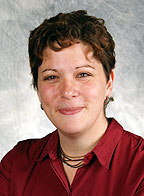 |
Paula Cohen Assoc. Dean for Research and Graduate Education, CVM Professor of Genetics Dept. of Biomedical Sciences pc242@cornell.edu |
Mammalian germ cell development and meiosis; DNA mismatch repair pathway; Recombination chromosome structure and dynamics during recombination |
 |
Benjamin Cosgrove
Associate Professor School of Biomedical Engineering bdc68@cornell.edu |
Cellular mechanisms of muscle stem cell-mediated regeneration in mammalian skeletal muscle tissues through a combination of single-cell systems biology and engineering of biomimetic niche microenvironments. We aim to elucidate the cellular communication involved to normal tissue repairs and its dysfunction in aging-related muscle diseases. |
 |
Robin Dando Professor Dept. of Food Science rd426@cornell.edu |
Chemosensory mechanisms in health and disease, functional and transcriptional regulation of the taste and endocrine systems through obesity. |
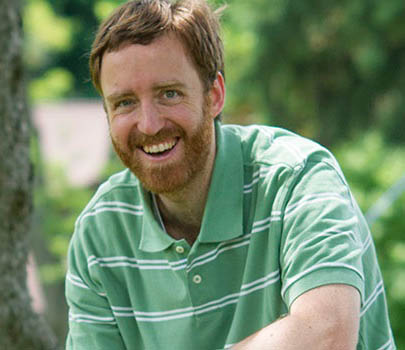 |
Charles Danko Associate Professor Baker Inst. for Animal Health dankoc@gcornell.edu |
We study how gene expression patterns are encoded in Metazoan DNA sequence, and how these patterns contribute to evolution, development, and disease. |
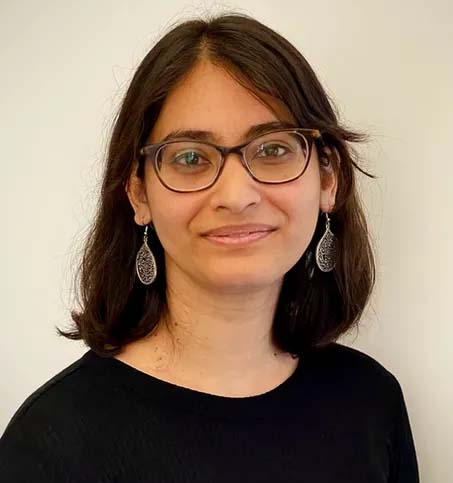 |
Arunika Das Assistant Professor Dept. of Biomedical Sciences ad2329@gcornell.edu |
Exploring genetic and epigenetic mechanisms that preserve genome integrity in the female germline and embryo. We study how specialized histones are inherited through embryo reprogramming, and how they evade age related decay in eggs using cell biology, and imaging. |
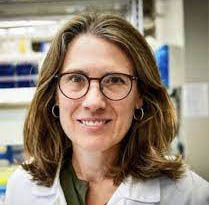 |
Mandi de Mestre Professor Baker Inst. for Animal Health mandidemestre@cornell.edu |
The de Mestre laboratory characterises lethal variants of the feto-placental unit to inform the development of NIPT tests. Using genomic and transcriptomic approaches, we interrogate molecular pathways that regulate early placental development and maternal immunity. |
 |
Alina Demeter Assistant Professor Anatomic Pathology Residence Director Dept. of Pop. Medicine & Diagnostic Sci. ed478@gcornell.edu |
I am a veterinary anatomic pathologist with a specialty of neuropathology. My lab explores veterinary science and comparative research that involves the central nervous system, cancer, infectious diseases, and molecular diagnostics. |
 |
Iwijn De Vlaminck Associate Professor School of Biomedical Engineering id93@gcornell.edu |
Our goal is to develop genomics-based medicine technologies to study and diagnose infectious and immune related disease in humans. |
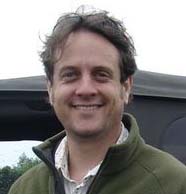 |
Casey B. Dillman Sr. Research Associate Curator of Fishes, Amphibians and Reptiles Cornell University Museum of Vertebrates cbd63@cornell.edu |
I'm interested in the genomics of fishes in an effort to understand patterns of speciation, biogeography and diversification. |
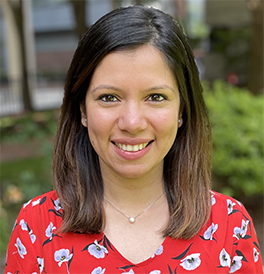 |
Anushka Dongre Assistant Professor Dept. of Biomedical Sciences ad789@cornell.edu |
The Dongre Lab is focused on understanding how the Epithelial-Mesenchymal Transition (EMT) drives resistance of breast cancers to anti-tumor immunity and regulates refractory responses to immune checkpoint blockade therapies. |
 |
Ellie Duan Assistant Professor Dept. of Animal Science jd774@cornell.edu |
We use genomics and computational approaches to study transcriptomic and epigenomic regulation in animal development. We focus on embryonic epigenomic reprogramming, X chromosome dosage compensation and heat-induced responses. |
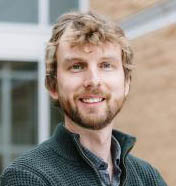 |
Erik Enbody Assistant Professor Dept. of Computational Biology enbody@cornell.edu |
The Enbody lab generates and analyzes genome-scale data to study the evolution of wild bird populations and applies population genomic inference to conservation challenges. |
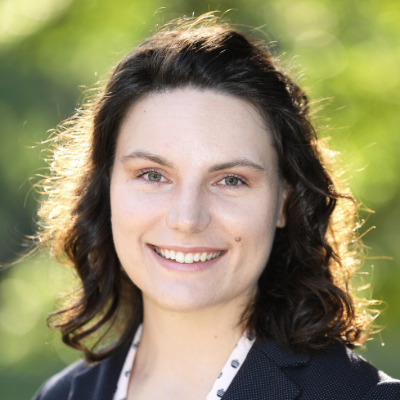 |
Jacquelyn Evans Assistant Professor Baker Institute Dept. of Biomedical Sciences jme255@cornell.edu |
The Evans lab investigates the genetic basis of complex diseases in dogs through genome-wide association studies, genomic and transcriptomic approaches. |
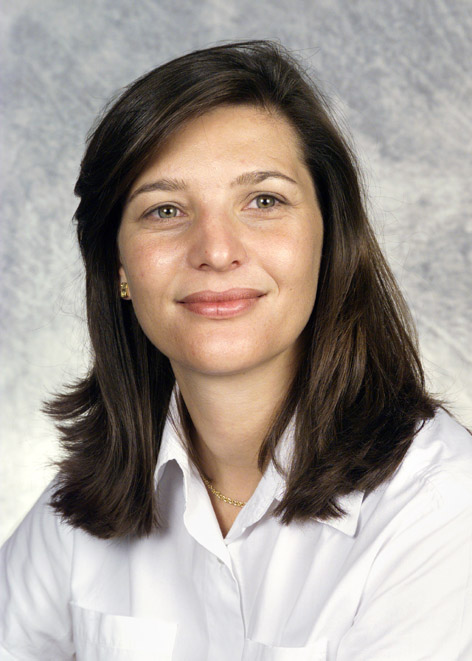 |
Julia Felippe
Professor of Large Animal Medicine Dept. of Clinical Sciences mbf6@cornell.edu |
Our laboratory studies clinical immunology with specific interests in equine immunodeficiencies and developmental immunity of the foal. Our research program currently focuses on immunogenetics and mechanisms that control B cell development. |
 |
Cédric Feschotte Professor Dept. of Molecular Biology & Genetics cf458@cornell.edu |
Impact of transposons and endogenous viruses on genome variation, evolution, and function, in the context of development and physiology, including disease states. |
 |
Martha Field Associate Professor Div. of Nutritional Sciences mas246@cornell.edu |
We study gene-nutrient-environment interactions that affect cellular metabolism leading to development of pathology. Research areas include mitochondrial folate metabolism, mechanisms linking Adh1 gene variants to central adiposity gain, and the role of the blood-brain barrier in maintaining brain nutrient status. |
 |
Claudia Fischbach-Teschl Stanley Bryer 1946 Professor of Biomedical Engineering School of Biomedical Engineering cf99@cornell.edu |
Our lab integrates engineering strategies (biomaterials, microfabrication, tissue engineering, advanced imaging) with cancer biology to elucidate how the physicochemical properties of the microenvironment affect tumorigenesis. |
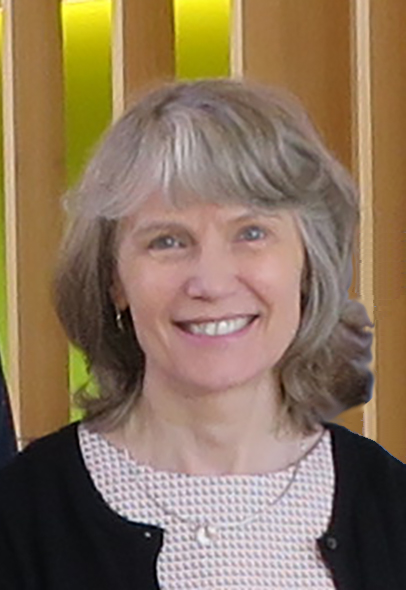 |
Andrea Flesken-Nikitin Assistant Research Professor Dept. of Biomedical Sciences af78@cornell.edu |
Genomic analysis of stem cells of the female reproductive tract; comparative evaluation of stem/progenitor cells in human and mouse reproductive organs; identification of stem cell niches in reproductive tissues and susceptibility of niche cells to malignant transformation. |
 |
Deborah Fowell Professor of Immunology Department Chair Director, Center for Immunology Dept. of Microbology & Immunology djf273@cornell.edu |
Immune cell trafficking to and within inflamed tissues. We use optogenetic tools and intravital-multiphoton microscopy to mark T cells in time and space, to understand how temporal changes in T cell positioning impact immune function. |
 |
Jen K. Grenier
Research Scientist Biotechnology Resource Center jgrenier@cornell.edu |
Develop and apply novel genomics assays in collaboration with Cornell faculty; Provide high quality, project-based genomics services related to gene regulation and expression. |
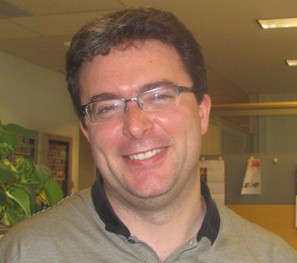 |
Andrew Grimson Professor Dept. of Molecular Biology and Genetics agrimson@cornell.edu |
Studying the cis and trans-acting factors required for post-transcriptional gene regulation in mammals, using a combination of high-throughput, computational and molecular biology approaches to study the microRNA pathway, and to identify novel post-transcriptional pathways. |
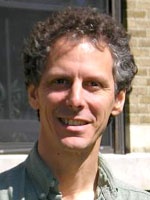 |
Matthew Hare Associate Professor Dept. of Natural Resources mph75@cornell.edu |
We study natural populations with a focus on the demographic and evolutionary factors that affect population differentiation, including dispersal, gene flow, hybridization and natural selection. |
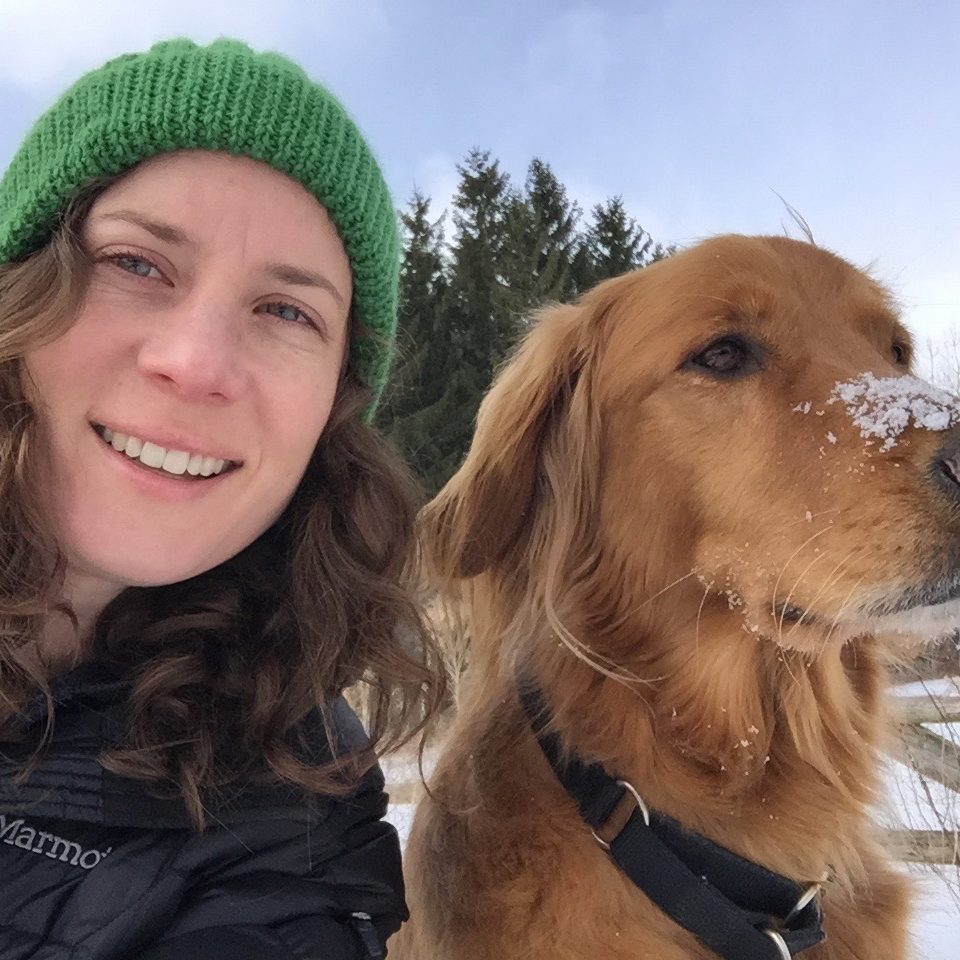 |
Jess Hayward Sr. Research Associate Cornell Veterinary Biobank Dept. of Biomedical Sciences jessica.hayward@cornell.edu |
Research interests include determining the genetic basis of complex diseases in canines, felines and equines, and investigating the use of cell-free DNA as a canine cancer biomarker. |
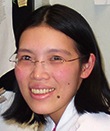 |
Fenghua Hu Associate Professor Dept. of Molecular Biology & Genetics fh87@cornell.edu |
Signaling pathways involved in axon regeneration and neurodegeneration. |
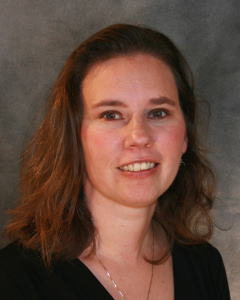 |
Heather Huson Associate Professor Dept. of Animal Science hjh3@cornell.edu |
Genetic Improvement of Animal Health and Production, Dairy Cattle Management and Genetic Evaluations, Population Structure and Adaptation, Genomic Tool Development, Wildlife and Indigenous Population Conservation |
 |
Elizabeth Johnson Associate Professor Div. of Nutritional Sciences elj54@cornell.edu |
The Johnson lab studies how bioactive lipids contribute to diet-microbiome and microbiome-host interactions. We use techniques in molecular biology, mass spectrometry, microbial genetics, and genomics to understand the consequences of lipid transfer between host and the microbiome. |
 |
Jaehee Kim Assistant Professor Dept. of Computational Biology Jaehee.Kim@cornell.edu |
My lab is interested in computational problems relevant to understanding evolutionary processes and population dynamics, and in development and application of statistical methods for inference from genomic data. |
 |
Jongmin Kim Assistant Professor Dept. of Biomedical Sciences jk2938@cornell.edu |
How do chromatin-modifying proteins block the misexpression of unwanted genes and safeguard male germ cell fate? We use spermatogenesis as an in vivo model to identify new genes involved in silencing and elucidate their mechanisms. |
 |
Michael Kotlikoff President of Cornell University president@cornell.edu |
Membrane ion channels; Intracellular Ca2+ Release; Transgenesis and in vivo Imaging; Conditional Gene Inactivation |
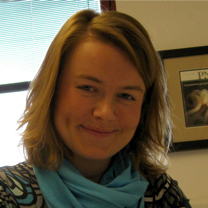 |
Natasza Kurpios Professor Dept. of Molecular Medicine natasza.kurpios@cornell.edu |
Vertebrate embryogenesis, Genetics of organogenesis, Left-Right patterning, Gut development, Blood and lymphatic vascular development and angiogenesis, Cell-cell adhesion, ECM, Wnt signaling, Epigenetic control of organogenesis, Long non-coding RNA and chromatic looping. |
 |
Hojoong Kwak Assistant Professor Dept. of Molecular Biology & Genetics hk572@cornell.edu |
Functional diversity of enhancer transcription using nascent RNA sequencing; dynamics of mRNA processing in subcellular compartments during cell stress and immune cell activation; post-transcriptional mRNA heterogeneity using single cell transcriptomics. |
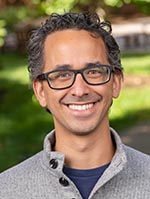 |
William Lai
Interim Director, Ctr for Vertebrate Genomics Assistant Research Professor Dept. of Molecular Biology & Genetics Dept. of Computational Biology wkl29@cornell.edu |
Epigenomic approaches to understanding the mechanisms of gene regulation in eukaryotic systems. Focus on combining genomics with bioinformatic algorithm development to deconvolute the eukaryotic regulatory network. |
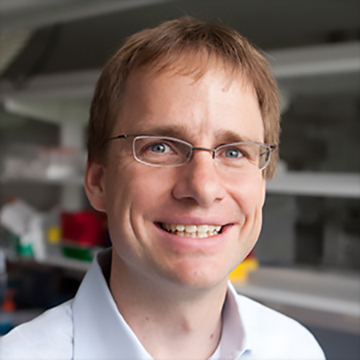 |
Jan Lammerding Professor School of Biomedical Engineering Weill Inst. for Cell and Molecular Biology jan.lammerding@cornell.edu |
The Lammerding laboratory is developing and applying novel experimental approaches to investigate how mechanical forces modulate the structure and function of the nucleus, and how mutations in nuclear envelope proteins cause muscular dystrophies and cardiomyopathies. |
 |
Colleen Lau Assistant Professor Dept. of Microbiology & Immunology colleen.lau@cornell.edu |
Studying immune memory in innate and adaptive lymphocytes using genome-wide approaches and genetic mouse models during viral infection and other inflammatory contexts. |
 |
Esak (Isaac) Lee Meinig Investigator Life Sciences Assistant Professor School of Biomedical Engineering el767@cornell.edu |
3D organ-on-chip technology, microfluidics, biomimetics, 3D printing, tissue engineering, regenerative medicine, vascular biology, lymphatic biology, immunology, cancer biology, cancer immunotherapy. |
 |
Siu Sylvia Lee Professor Dept. of Molecular Biology & Genetics ssl29@cornell.edu |
Using molecular genetic and genomic approaches to dissect the mechanistic basis of aging and longevity, focusing on the roles of major transcriptional and chromatin regulators, germline stem cells, and mitochondrial signaling in longevity of C. elegans. |
 |
Xingen Lei
Associate Dean of Research and Innovation, CALS Professor Dept. of Animal Science xl20@cornell.edu |
Functional genomics of mineral-dependent antioxidant enzymes in oxidative stress, diabetes, and bone development; Protein engineering of hydrolytic enzymes for mineral nutrition and environmental protection; Pigs as a model of humans to fight against global micronutrient deficiencies. |
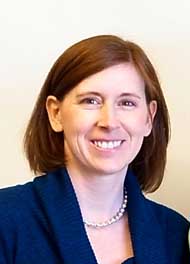 |
Cynthia Leifer Professor Dept. of Microbiology & Immunology cal59@cornell.edu |
Studies how the immune system senses and regulates response to microbes and biomaterials; how macrophages sense and alter their functions in response to their environment to elicit damaging or reparative responses. |
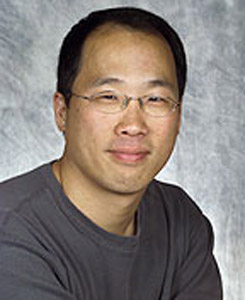 |
David Lin Associate Professor Dept. of Biomedical Sciences dml45@cornell.edu |
developmental neurobiology of the mouse olfactory system; mouse genetics; epilepsy and autism, single cell transcriptomics, neuronal culture |
 |
John T. Lis Professor Dept. of Molecular Biology & Genetics jtl10@cornell.edu |
Investigations of mechanisms of transcription and its regulation using both focused and genome-wide studies in Drosophila, human cells, mouse embryonic stem cells, and mouse MEFs. Development and application of nucleic acid aptamers as detectors and inhibitors of biological processes. |
 |
Kelly Jun Liu Professor Dept. of Molecular Biology & Genetics jl53@cornell.edu |
Mesodermal patterning and cell fate specification; TGF-beta signaling; Nuclear envelope protein function |
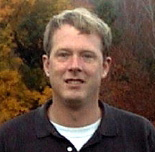 |
Irby Lovette
Director, Fuller Evolutionary Biology Program Fuller Professor of Ornithology Dept. of Ecology & Evolutionary Biology IJL2@cornell.edu |
Genetics and genomics of birds and other vertebrates as applied to studies of phylogenetics, speciation, ecology, behavioral ecology, and conservation |
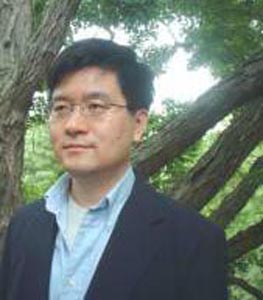 |
Dan Luo Professor of Biological Engineering Dept. of Biological & Environmental Eng. dl79@cornell.edu |
Nucleic Acid Engineering; Drug Delivery; Nanobiotechnology |
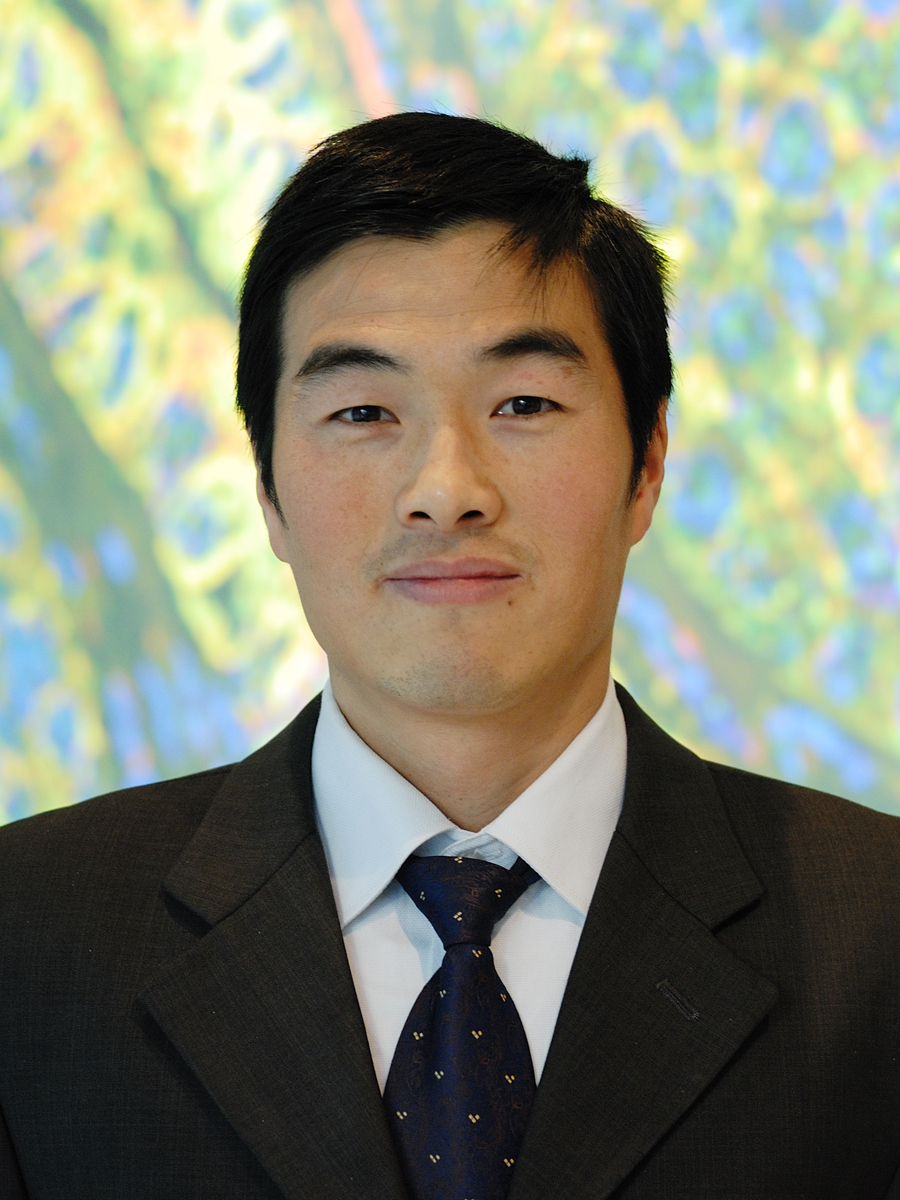 |
Minglin Ma Professor Dept. of Biological & Environmental Eng. mm826@cornell.edu |
Cell encapsulation for type 1 diabetes treatment and cancer modeling |
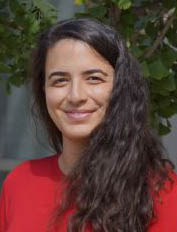 |
Eirene Markenscoff-Papadimitriou Assistant Professor Dept. of Molecular Biology & Genetics eirene@cornell.edu |
My research probes gene regulatory mechanisms that control neuronal identity and function during brain development and how they misfunction in autism and other neurodevelopmental disorders. |
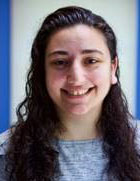 |
Shana Mintz Assistant Professor Dept. of Clinical Sciences sbm33@cornell.edu |
Function of the sinus node and cardiac arrhythmias resulting from sinus node dysfunction; sinus node pacemaker cell transcriptional and post-transcriptional networks. |
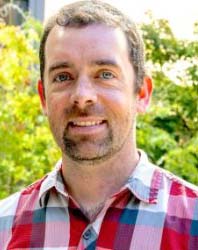 |
Patrick Murphy Associate Professor Dept. of Molecular Biology & Genetics pjm249@cornell.edu |
The Murphy lab studies how chromatin and epigenetic mechanisms regulate gene expression during reproduction and differentiation. They utilize the zebrafish and mouse models, and apply advanced genomic tools to understand inheritance and early embryonic development. |
 |
Shaila Musharoff Assistant Professor Dept. of Computational Biology sam442@cornell.edu |
Population and statistical genetics, Admixture, Human trait architecture, Gene-by-environment interactions, Assortative Mating, Polygenic risk scores |
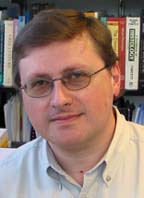 |
Alexander Nikitin Professor of Pathology Dept. of Biomedical Sciences an58@cornell.edu |
Genetic modeling of human cancer in the mouse; Stem cells and cancer; Early stages of carcinogenesis; Pathobiology of neoplasias of reproductive and endocrine systems; Live imaging and rational targeting of cancer |
 |
Zeribe Nwosu Assistant Professor Dept. of Molecular Biology & Genetics zcn3@cornell.edu |
The Nwosu Lab applies various state-of-the-art approaches towards identifying the key drivers of pancreatic cancer metabolism. Our goal is to find novel ways to improve the treatment of pancreatic cancer. |
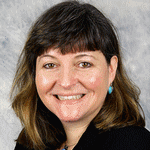 |
Kimberly O'Brien Professor Dept. of Nutritional Sciences koo4@cornell.edu |
Nutrient partitioning during pregnancy; regulation of placental mineral transport; vitamin D metabolism across gestation and heme and non-heme iron metabolism. |
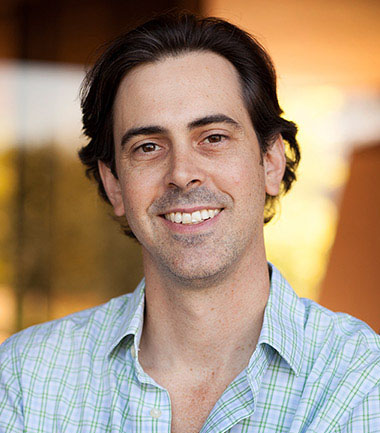 |
Alexander Ophir Professor Behavioral & Evolutionary Neuroscience Dept. of Psychology ophir@cornell.edu |
I study behavior in contexts that relate to natural behavior, and conduct manipulation studies that are reserved for the lab to provide insights into the functional significance of the neural processes that govern social behavior. |
 |
Colin Parrish Professor Baker Institute Dept. of Microbiology and Immunology crp3@cornell.edu |
We examine the evolution of viruses in their natural hosts and the effects of transfer to new hosts. We study genes controlling viral infection of different hosts, including receptors, DNA polymerases, and antiviral antibodies. |
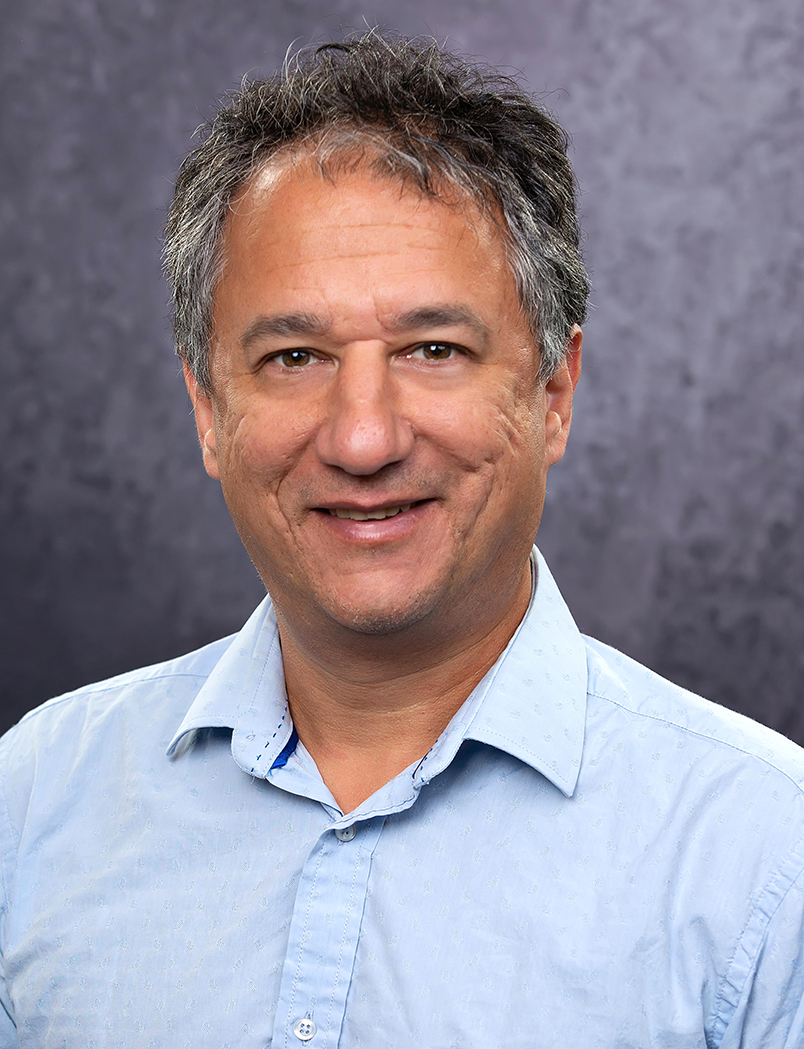 |
Santiago Peralta Associate Professor Dept. of Clinical Sciences sp888@cornell.edu |
My research focuses on understanding mechanisms of oral and dental disease in companion animals and developing comparative models to enhance translational research opportunities. |
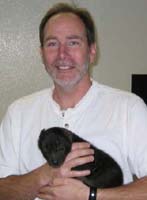 |
Ned Place
Director, Diagnostic Endocrinology Lab Professor Dept. of Pop. Medicine & Diagnostic Sci. njp27@cornell.edu |
Photoperiodic modulation of female reproductive behavior, development and aging; ovarian physiology and endocrinology. |
 |
Jeffrey Pleiss Associate Professor Dept. of Molecular Biology & Genetics jap332@cornell.edu |
RNA biology. Studying the mechanism of pre-mRNA splicing, and splicing as a control point for regulating gene expression; RNA processing both in the budding and fission yeasts, and human cell lines. |
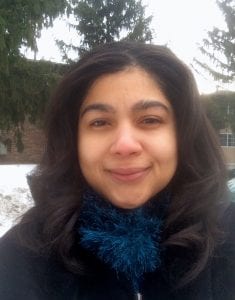 |
Angela Poole Assistant Professor Division of Nutritional Sciences acp234@cornell.edu |
The goal of our interdisciplinary research is to elucidate the interactions between host genetics, dietary intake, and gut microbes in order to benefit host health. |
 |
Nora Prior Assistant Professor Department of Psychology nhp32@cornell.edu |
Studying the behavioral and neuroendocrine mechanisms by which social interactions have lasting impacts on individual brain and behavior. |
 |
Frank Pugh Professor Molecular Biology and Genetics fp265@cornell.edu |
From Cornell, to UW-Madison, Cal-Berkeley, Penn State, and back to Cornell, Frank Pugh has been training academic scientists to decipher molecular mechanisms by which genes are controlled. |
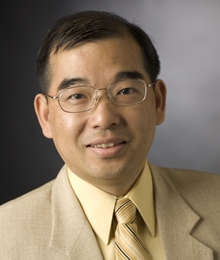 |
Shu-Bing Qian Professor Div. of Nutritional Sicences sq38@cornell.edu |
Nutrient signaling, protein synthesis and degradation, chaperone biology and mammalian genetics |
 |
Yi Athena Ren Assistant Professor Dept. of Animal Science yar9@cornell.edu |
Understanding the role of non-endocrine cells, such as immune and vascular cells, in regulating fertility and endocrine functions. We also aim to use reproductive tissues as platforms to study the regulation of tissue remodeling, and hormone regulation of immune and vascular cells. |
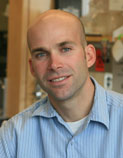 |
Brian Rudd Professor Dept. of Microbiology and Immunology bdr54@cornell.edu |
Mechanisms limiting immune defense in early life. |
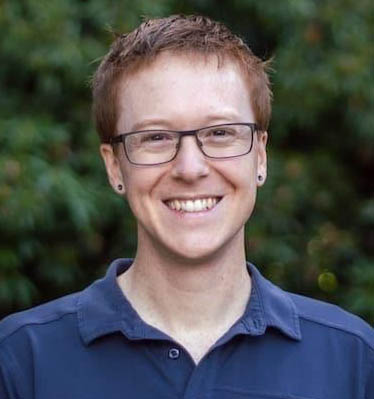 |
Ben Sandkam Assistant Professor Dept. of Neurobiology and Behavior sandkam@cornell.edu |
We integrate genetics, behavioral ecology and evolutionary biology to study the genetic causes and consequences of reproductive behavior. |
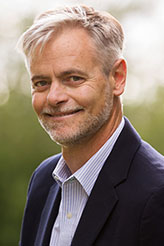 |
Luis Schang Professor of Chemical Virology Baker Institute for Animal Health Dept. of Microbiology and Immunology lms428@cornell.edu |
We are a molecular virology lab interested in the regulation of viral replication and pathogenesis by epigenetics. We have found that the viral chromatin has unique properties that determine the transcriptional competence of viral genomes. |
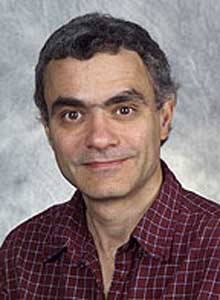 |
John Schimenti Professor of Genetics Dept. of Biomedical Sciences Dept. of Molecular Biology & Genetics Director, Transgenic Core Facility jcs92@cornell.edu |
Mouse genetics/genomics; Meiosis and gametogenesis; Genome maintenance and instability |
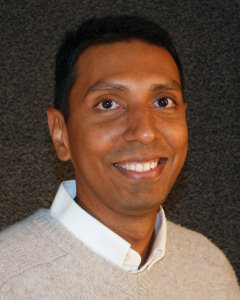 |
Vimal Selvaraj Professor Dept. of Animal Science vs88@cornell.edu |
Mitochondrial physiology; steroid hormone biosynthesis; early embryo development; pluripotency and stem cells. |
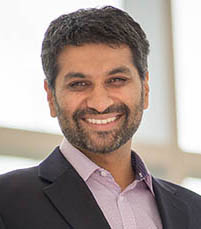 |
Praveen Sethupathy
Professor and Chair Dept. of Biomedical Sciences praveens@cornell.edu |
The Sethupathy lab studies non-coding RNA mechanisms that underlie genetic, microbial, dietary, and environmental control of metabolic health and disease. Our work is at the interface of functional genomics, physiology, bioinformatics, and molecular biology. |
 |
Michael Sheehan Associate Professor Dept. of Neurobiology and Behavior msheehan@cornell.edu |
Evolutionary and population genomics of pheromones; multi-gene families; animal communication; social behavior; population genomics of wild house mice |
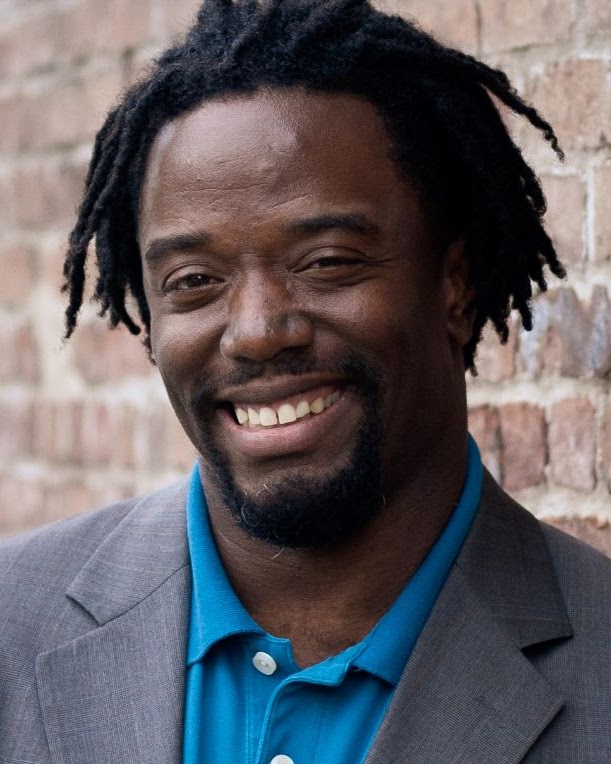 |
Glenn E Simmons, Jr Assistant Professor Dept. of Biomedical Sciences glenn.simmons@cornell.edu |
The Simmons laboratory uses molecular biology and 3-dimensional bioprinting to explore the role of lipids in the immune response within the tumor microenvironment. |
 |
Kenneth Simpson Professor of Medicine Dept. of Clinicial Sciences kws5@cornell.edu |
Internal Medicine and Gastroenterology; Host-microbe interactions in the gastrointestinal tract, with a particular interest in the relationship of bacteria to mucosal inflammation in animals and people |
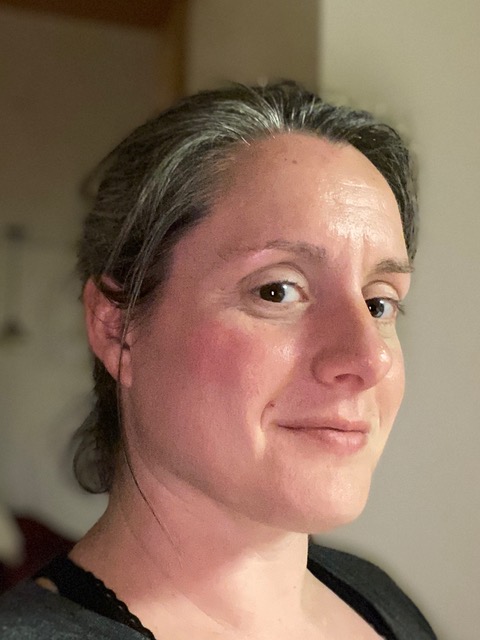 |
Norah Smith
Assistant Research Professor Dept. of Microbiology & Immunology nls12@cornell.edu |
Uncovering intrinsic and extrinsic factors that shape the T cell compartment and their related impact on host immune defense. |
 |
Marcus Smolka
Associate Vice Provost, Research and Innovation Professor Dept. of Molecular Biology & Genetics mbs266@cornell.edu |
DNA damage checkpoint signaling pathway; Proteomics |
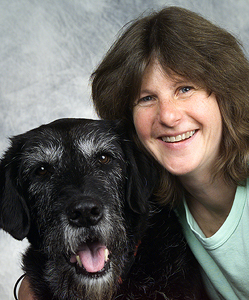 |
Tracy Stokol Professor Population Medicine & Diagnostic Sci. ts23@cornell.edu |
Hematopoietic and hemostatic disorders in animals; Mechanisms of cancer metastasis |
 |
Ayshwayra Subramanian Assistant Professor Dept. of Molecular Biology & Genetics as3894@cornell.edu |
The focus of my research is understanding the principles governing cellular heterogeneity, crosstalk, and evolution in the context of complex human tissues and disease. |
 |
Nina Overgaard Therkildsen Associate Professor Dept. of Natural Resources nt246@cornell.edu |
Population and conservation genomics of marine organisms. |
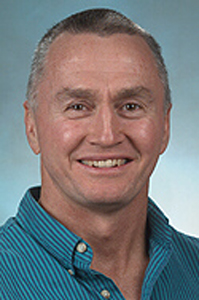 |
Rory Todhunter
Director, Riney Canine Health Center Professor of Surgery Dept. of Clinical Science rjt2@cornell.edu |
Genetic- and genomic-based analyses of canine hip dysplasia, elbow dysplasia, rupture of the cranial cruciate ligament, and osteoarthritis. Feline genetics and genomics. Oversight committee of the Cornell Veterinary Biobank. |
 |
Alexander Travis
Director, Master of Public Health Program Chair, Dept. of Public & Ecosystem Health Professor of Reproductive Biology Dept. of Biomedical Sciences Baker Institute for Animal Health ajt32@cornell.edu |
Function of membrane raft sub-domains in sperm capacitation and fertilization; biomimetic design of energy production for hybrid organic-inorganic medical devices; technologies of assisted reproduction for development of transgenesis in dogs; use of reproductive stem cells for and holistic approaches to wildlife conservation; |
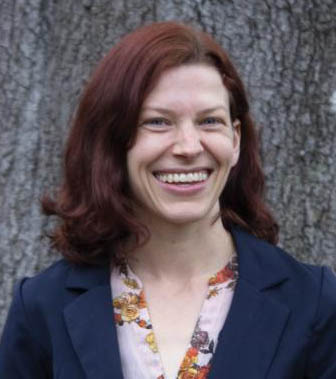 |
Katherine Tschida Assistant Professor Dept. of Psychology kat227@cornell.edu |
The Tschida Lab studies the neural circuits that underlie vocal communication in mice, as well as how these circuits are altered in response to stress and in mouse models of human communication disorders. |
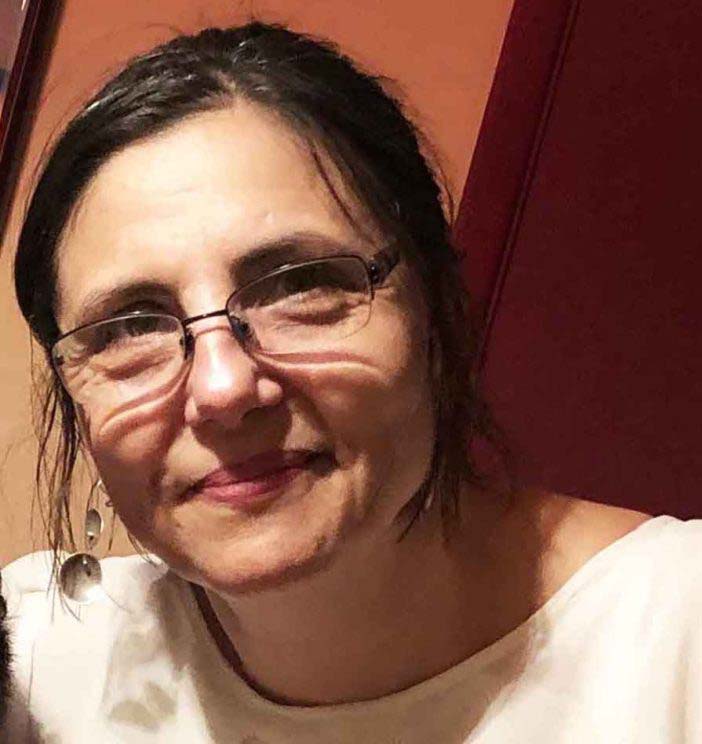 |
Tudorita Tumbar Professor Dept. of Molecular Biology and Genetics tt252@cornell.edu |
Understanding the molecular mechanisms that govern the maintenance and fate choice of adult stem cells. We focus in particular on using the mouse skin as a model system. Transcription and epigenetic control of stem cell fate in normal homeostasis and cancer. Regulation of tissue stem cell quiescence |
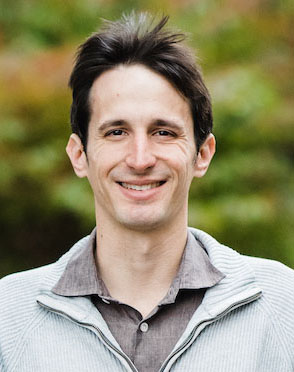 |
Nathaniel Vacanti Assistant Professor Div. of Nutritional Sciences nv83@cornell.edu |
My group looks to identify the proteins responsible for influencing metabolic adaptations occurring at the onset and progression of chronic disease. We apply mass spectrometry-based proteomics and stable-isotope tracing of biochemical pathways to understand how metabolism is regulated as a network. |
 |
Marjolein van der Meulen
Swanson Professor of Biomedical Engineering Associate Vice Provost for Research and Innovation School of Biomedical Engineering School of Mechanical and Aerospace Engineering mcv3@cornell.edu |
orthopedic biomechanics; musculoskeletal mechanobiology; osteoporosis; osteoarthritis; determinants of bone strength and structure |
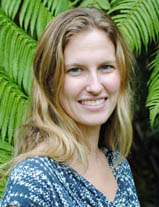 |
Maren Vitousek
Associate Professor Dept. of Ecology & Evolutionary Biology mnv6@cornell.edu |
Evolutionary endocrinology; stress resilience; phenotypic flexibility; social behavior |
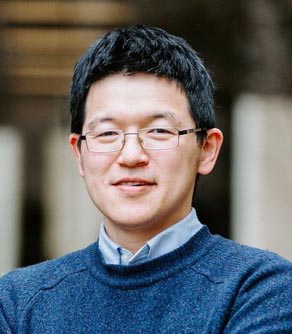 |
Meng Wang
Assistant Professor Div. of Nutritional Sciences mengwang@cornell.edu |
We study how nutrition and metabolism generate chemicals that damage our DNA and how this impacts cancer development and aging. We use a combination of molecular biology, genetics with genome-scale screens and DNA mass spectrometry. |
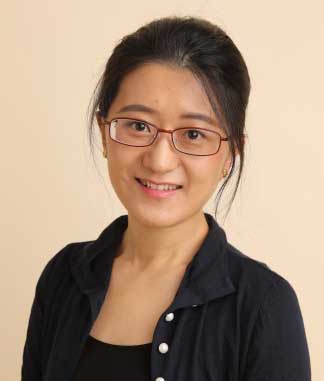 |
Yuhan Wang
Assistant Professor Div. of Nutritional Sciences yuhanwang@cornell.edu |
Our lab utilizes a combination of molecular and functional approaches in animal models to elucidate the neural circuits involved in metabolic regulation and to understand how they become dysregulated in the presence of disease. |
 |
April Wei
Assistant Professor Dept. of Computational Biology aprilwei@cornell.edu |
Population and Statistical Genetics of Admixture, Demographic Inference, Crossover and Gene Conversion, Genetics and Evolution of Complex Traits, Computational Genetics |
 |
Robert Weiss
Sr. Associate Dean, Graduate School Professor of Molecular Genetics Dept. of Biomedical Sciences rsw26@cornell.edu |
Molecular mechanisms for the maintenance of genomic stability; Cellular responses to DNA damage; Mouse models of human cancer |
 |
Andrew White Associate Professor Dept. of Biomedical Sciences acw93@cornell.edu |
We use mouse models to understand the causes and conditions that facilitate cancer initiation and progression arising from adult stem cells of the skin. |
 |
Mariana Wolfner Goldwin Smith Professor of Molecular Biology & Genetics Stephen Weiss Presidential Fellow Dept. Molecular Biology & Genetics mfw5@cornell.edu |
Identifying the genes and pathways that are essential for two critical reproductive processes: (a) the "activation" of a fertilized egg to begin development and (2) the role of seminal proteins in fertility. Examining the roles of candidate genes and pathways in mammalian reproduction and development. |
 |
Nilay Yapici Associate Professor Dept. of Neurobiology & Behavior ny96@cornell.edu |
The Yapici lab is interested in understanding neural circuit mechanisms underlying food intake and foraging decisions in the brain. We use in vivo multiphoton imaging, circuit tracing and transcriptomics approaches to investigate how gene expression and neural activity changes in the brain upon food deprivation. |
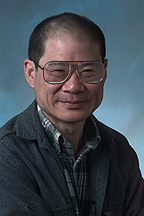 |
Andrew Yen Professor Dept. of Biomedical Sciences ay13@cornell.edu |
Cancer cell and molecular biology; Regulation of the cell cycle and differentiation by retinoids, carcinogens, oncogenes, and tumor suppressor genes. |
 |
Haiyuan Yu Professor Dept. of Computational Biology haiyuan.yu@cornell.edu |
Biomedical Systems Biology with both high-throughput experimental and integrative computational methodologies, aiming to understand gene functions and their relationships within complex molecular networks and how perturbations to such systems may lead to various human diseases |
